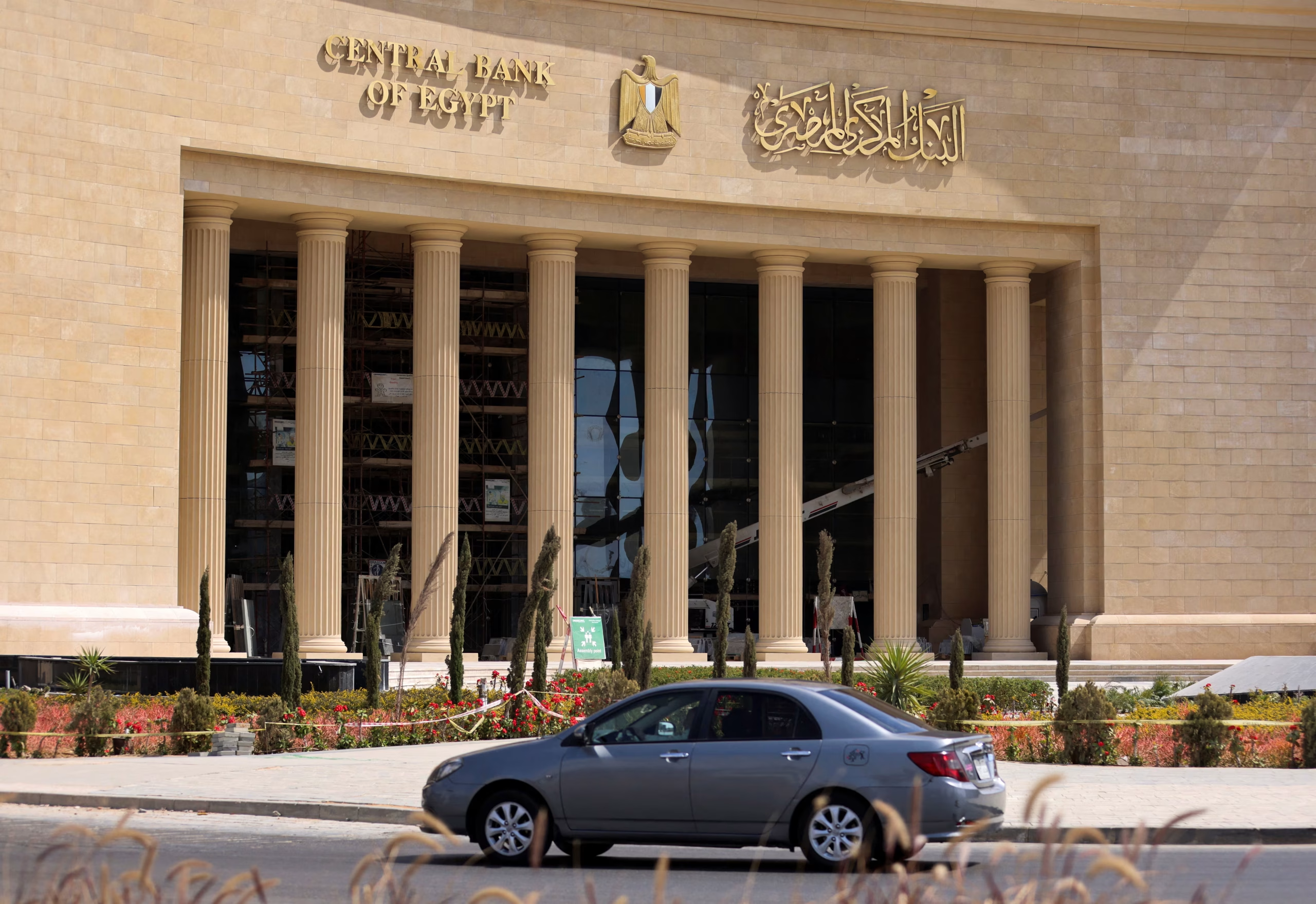

Discussions about gender equality are gaining momentum worldwide, but significant gaps remain, especially in developing economies. The British International Investment (BII) report, Closing the Gap: Lessons from Six Years of Investing in Women (2023), offers an in-depth analysis of strategies to enhance women’s participation in economic activities through focused and strategic investments. This report demonstrates how gender-lens investing not only advances social equity but also catalyzes economic growth and resilience. By positioning women at the center of development strategies, BII showcases how tailored approaches can generate widespread societal benefits while addressing deeply entrenched inequalities.
Understanding the Gender Finance Gap in Emerging Markets
Many women in developing economies face structural barriers that limit their economic opportunities. These include policies that restrict access to formal employment and financial systems that fail to support women-led businesses. According to the report, around 70% of women-owned small and medium enterprises (SMEs) worldwide struggle to secure financing. This limitation prevents growth and innovation. Addressing this gap could increase global annual income by an estimated 12% by 2030, showing the potential impact of inclusive financial systems. The lack of access to financing perpetuates cycles of poverty and limits opportunities for women to contribute meaningfully to their local economies.
The problem goes beyond finances. Women are underrepresented in leadership roles globally, holding just 28% of managerial positions. In sub-Saharan Africa, cultural norms and societal expectations further limit women’s opportunities, often pushing them into informal jobs without benefits or protections. These informal jobs, while providing short-term income, offer little stability and no long-term economic growth. BII’s investments aim to tackle these challenges by empowering women economically and contributing to local and regional economic growth. These efforts demonstrate that breaking structural barriers not only benefits women but also strengthens entire economies by broadening participation and fostering innovation.
How Investments Empower Women
BII’s projects show how investments designed with women’s needs in mind can make a big difference. For example, the Kashf Foundation in Pakistan, supported by BII, provides financial services to women entrepreneurs. Between 2020 and 2022, the number of clients grew from 490,000 to 639,000. These loans have not only given women greater financial independence but also improved their households’ overall welfare. Women who gained access to financial services reported not only increased business profitability but also enhanced decision-making roles within their families.
In Nigeria, BII’s partnership with TradeDepot has transformed access to goods and credit for informal women retailers. With digital tools, 85% of the platform’s credit beneficiaries are now women. This support has improved their quality of life and economic prospects. The impact extends to their families, with better access to education and healthcare, illustrating how financial inclusion benefits entire communities. Furthermore, the digital platform’s efficiency in credit disbursement ensures that even women in remote areas can access resources critical to their success. These examples highlight how well-designed interventions can have ripple effects, amplifying benefits across households and communities.
Building Inclusive Business Practices
BII doesn’t stop at providing financial resources; it also works to embed gender equity into corporate cultures. Through Gender Action Plans, BII helps companies address disparities in leadership and workforce representation. For instance, its partnership with Sun King, a solar energy provider in Africa, has significantly increased the number of women in mid-management roles. Similarly, Ecom Express in India doubled its female workforce in five years by implementing gender-inclusive policies. These initiatives demonstrate that businesses that invest in equitable practices see tangible improvements in performance and employee morale.
These efforts benefit businesses as well as individuals. Research consistently shows that companies with diverse leadership teams perform better financially. By making gender equity a core part of business strategy, BII’s partners are not only becoming more competitive but also creating environments where women can excel. These companies also serve as role models, inspiring younger women to aim for leadership positions and fostering long-term cultural change. By prioritizing equity, businesses are also better equipped to navigate modern challenges such as labor shortages and shifting consumer expectations.
The Growing Role of Gender-Lens Investing
Gender-lens investing is becoming more significant, with the market growing from $1.3 billion in 2017 to $7.9 billion in 2023. BII’s commitment to directing 25% of its new investments toward gender-smart initiatives shows the scalability of this approach. As a major player in the 2X Challenge, which has mobilized over $33.6 billion since 2018, BII demonstrates how collaboration can amplify impact. Such large-scale initiatives prove that gender-focused investing is no longer niche but central to global development strategies.
For African economies, this type of investing is a chance to break down long-standing inequalities while unlocking economic potential. Countries like Kenya, Rwanda, and South Africa, with their entrepreneurial ecosystems and forward-thinking policies, are well-positioned to benefit. BII’s work in these regions offers a framework for expanding these strategies across the continent. For instance, Rwanda’s progressive gender policies, including incentives for women-led businesses, align seamlessly with BII’s goals and could serve as a model for neighboring countries.
The impact of gender-lens investments goes beyond financial returns. By building partnerships, implementing accountability measures, and focusing on sustainability, this approach integrates economic growth with social progress. It provides a model for inclusive development in a world increasingly focused on resilience and equity. Gender-lens investing also has the potential to reshape how economies function by emphasizing the value of diverse contributions to productivity and innovation.
Opportunities for Future Growth
As global economies become more interconnected, closing gender gaps has never been more critical. BII’s six-year experience offers valuable lessons for stakeholders, including policymakers, investors, academics, and business leaders. By prioritizing women’s access to capital, creating opportunities for leadership, and promoting equitable workplace practices, these stakeholders can drive meaningful change. Such efforts are critical in regions where traditional gender norms still limit opportunities for half the population.
Integrating gender equity into economic strategies isn’t just a moral responsibility; it’s essential for sustained growth. For African markets, aligning gender-focused investments with broader development goals could redefine economic trajectories. BII’s initiatives show how strategic investments, combined with reforms and cultural shifts, can deliver significant benefits for economies and societies. Gender-lens investing stands as a key strategy for building a more inclusive, sustainable, and prosperous future. This vision of inclusivity not only drives equitable progress but ensures that growth is resilient, adaptive, and representative of all members of society.


